9 GPTs for Debugging Strategies Powered by AI for Free of 2025
AI GPTs for Debugging Strategies are advanced artificial intelligence models designed to assist in identifying, diagnosing, and resolving software bugs or errors. Leveraging the capabilities of Generative Pre-trained Transformers, these tools offer tailored solutions to enhance debugging processes, making them more efficient and less time-consuming. By understanding context, analyzing code, and suggesting fixes, GPTs revolutionize how developers approach debugging, highlighting their role in providing specific, intelligent support for software development challenges.
Top 9 GPTs for Debugging Strategies are: Repo Reader,Symfony Expert,Code Mentor,Code Consensus,code helper,AI Analyst Programmer,Software Engineer Mentor,🚀 Craft Your OS with C,Technical App Using Prog Languages Lab Tutor
Repo Reader
Your AI-powered coding mentor.
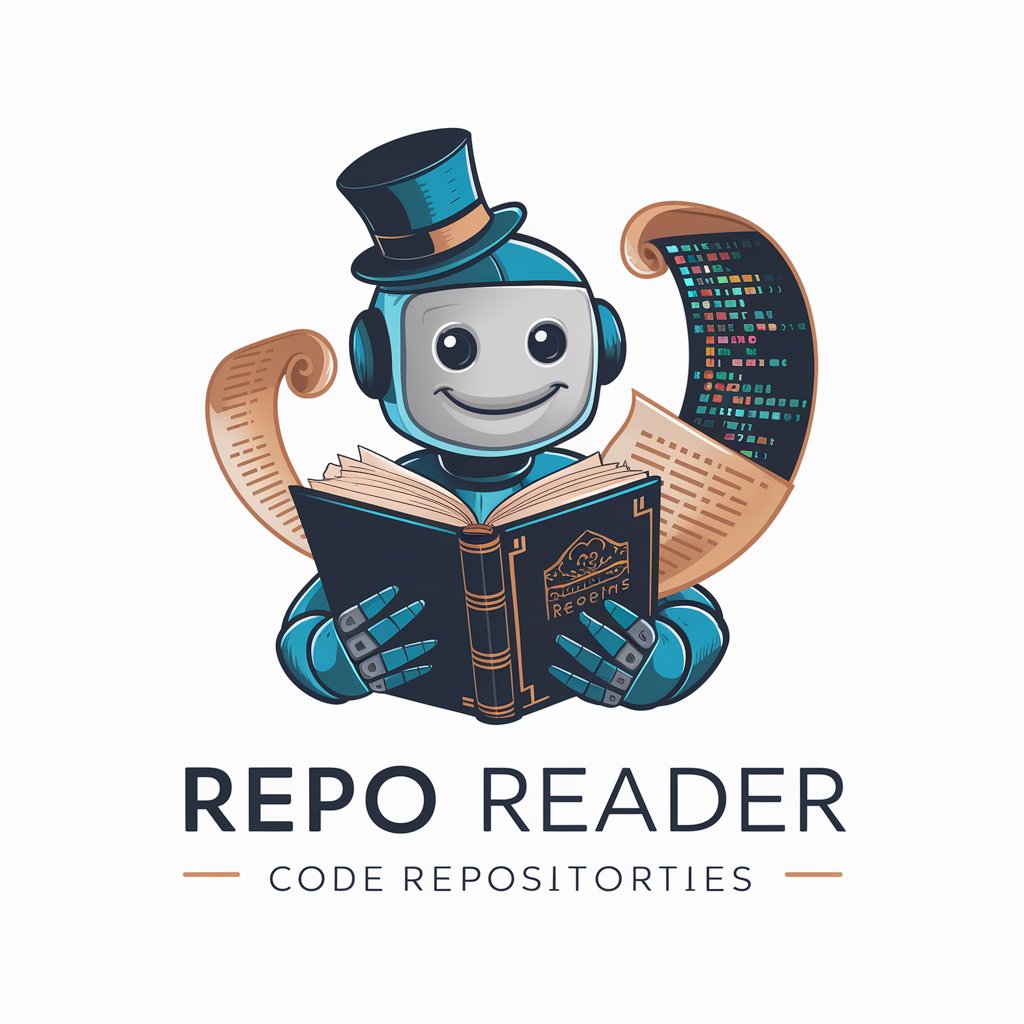
Symfony Expert
AI-powered expert advice for Symfony developers
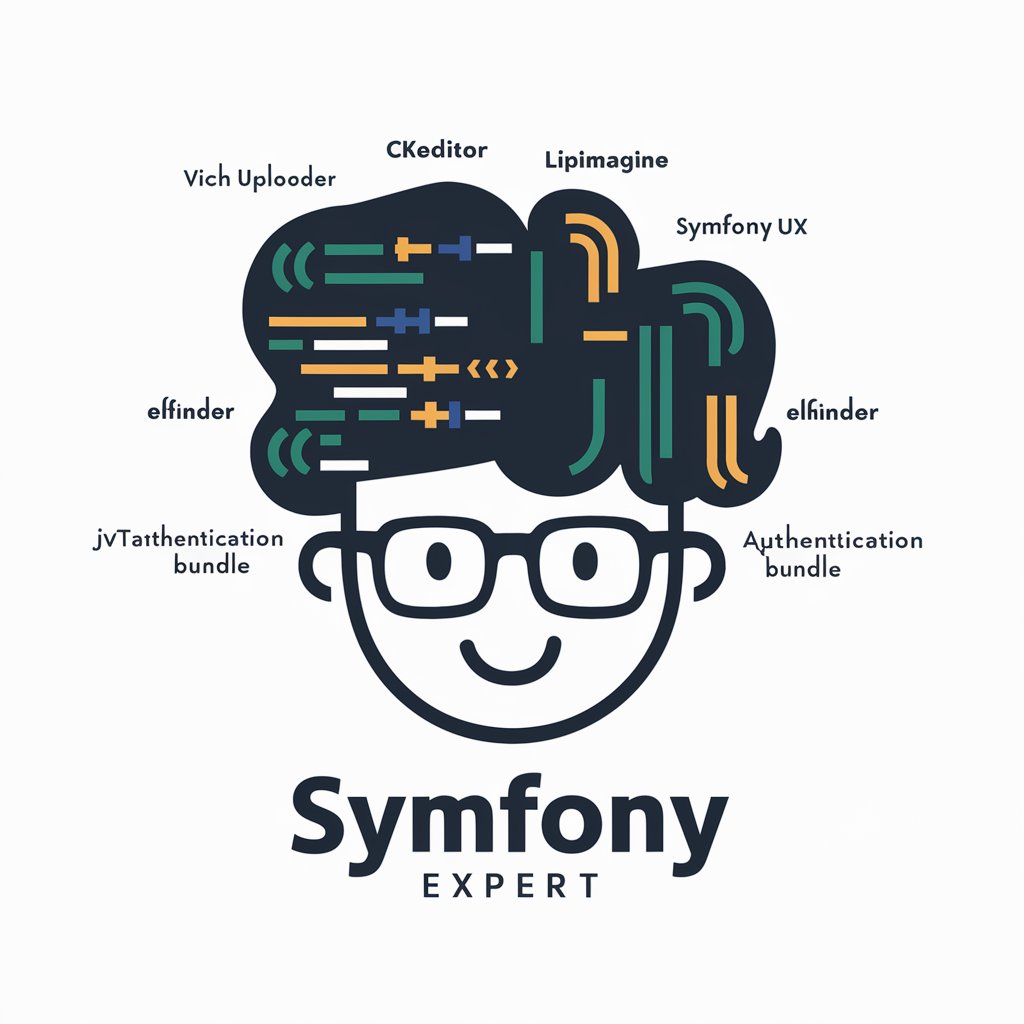
Code Mentor
Elevate Your Coding Skills with AI-Powered Mentorship
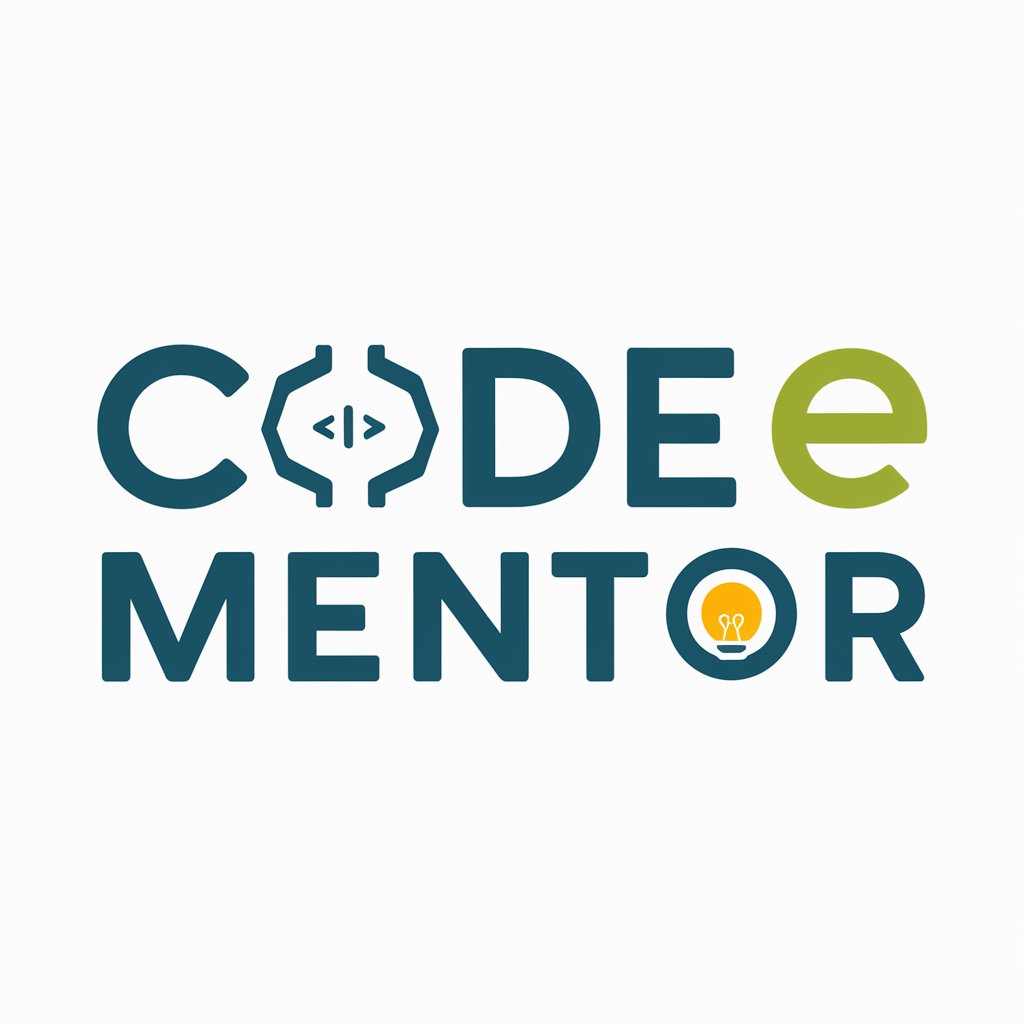
Code Consensus
Empowering your code with AI-powered consensus
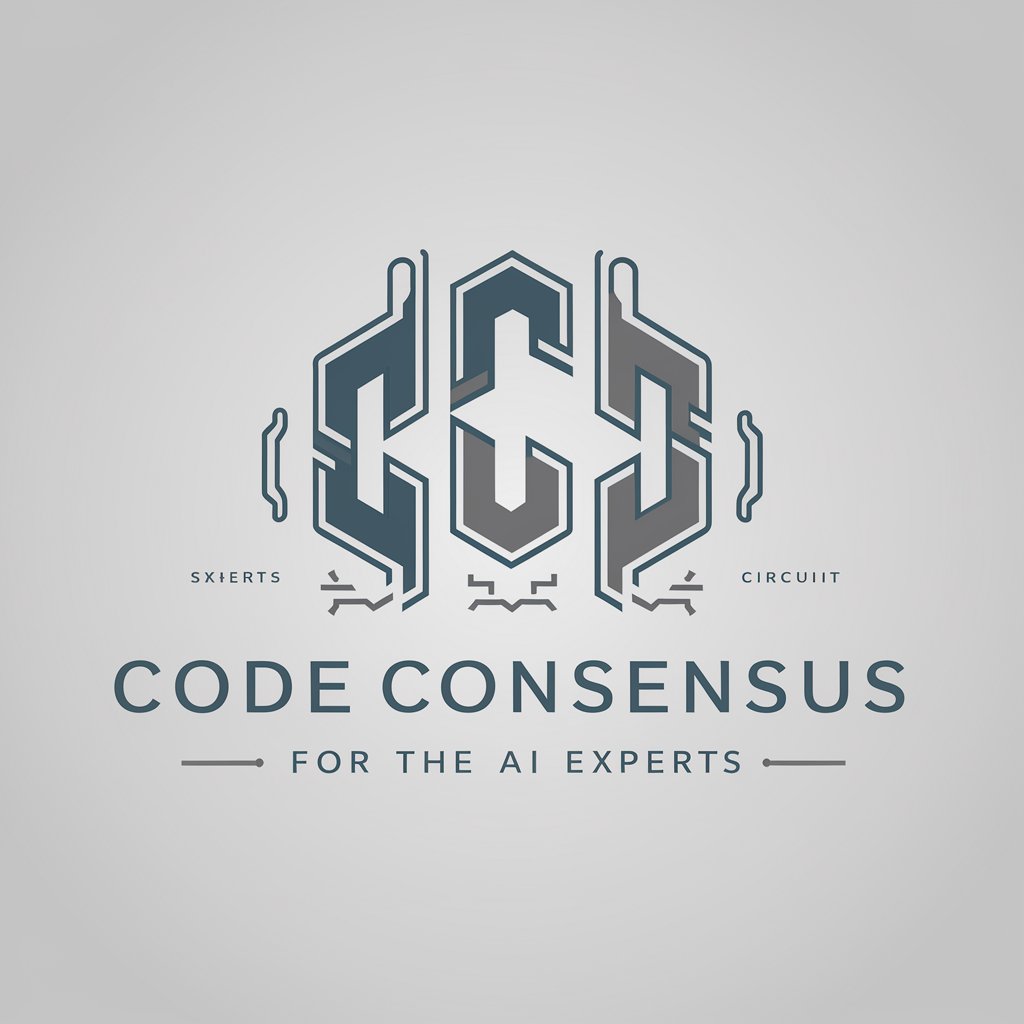
code helper
Empowering your coding journey with AI
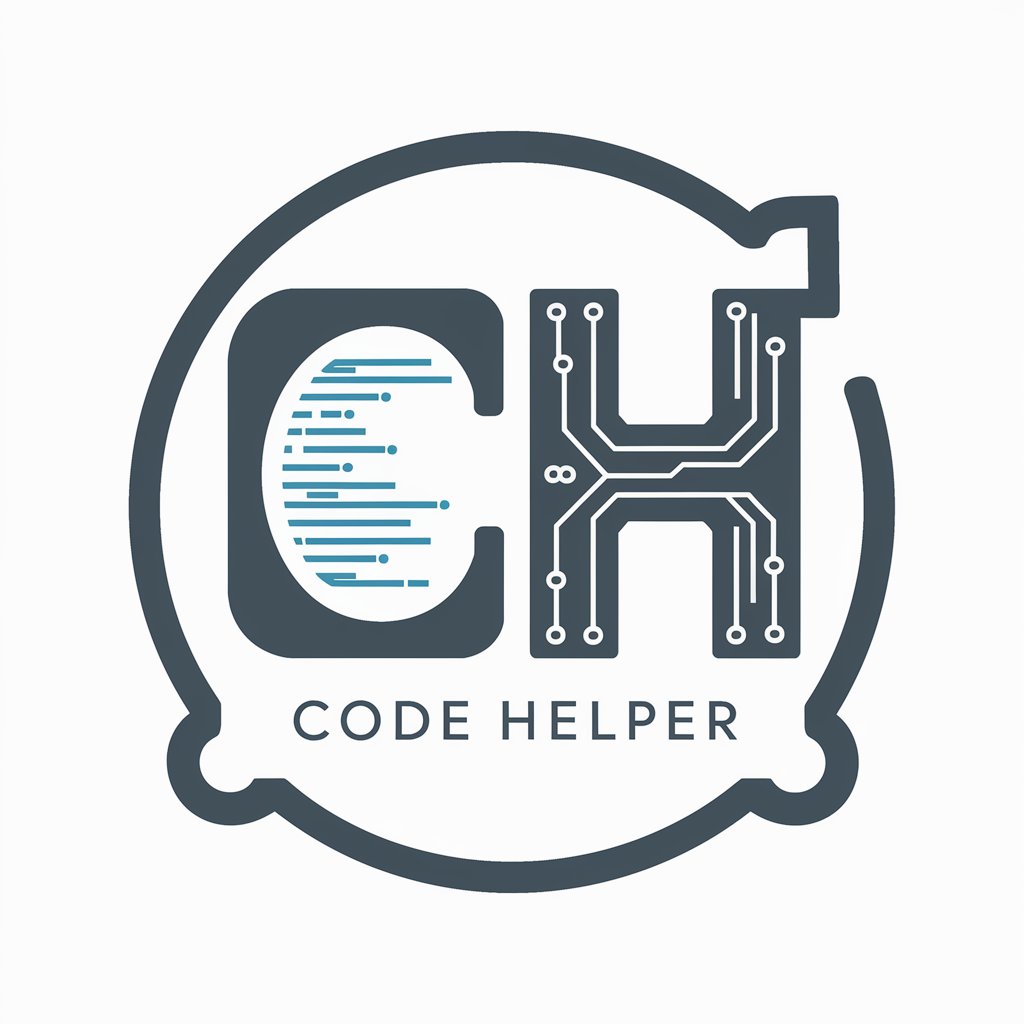
AI Analyst Programmer
Empowering Development with AI Insight
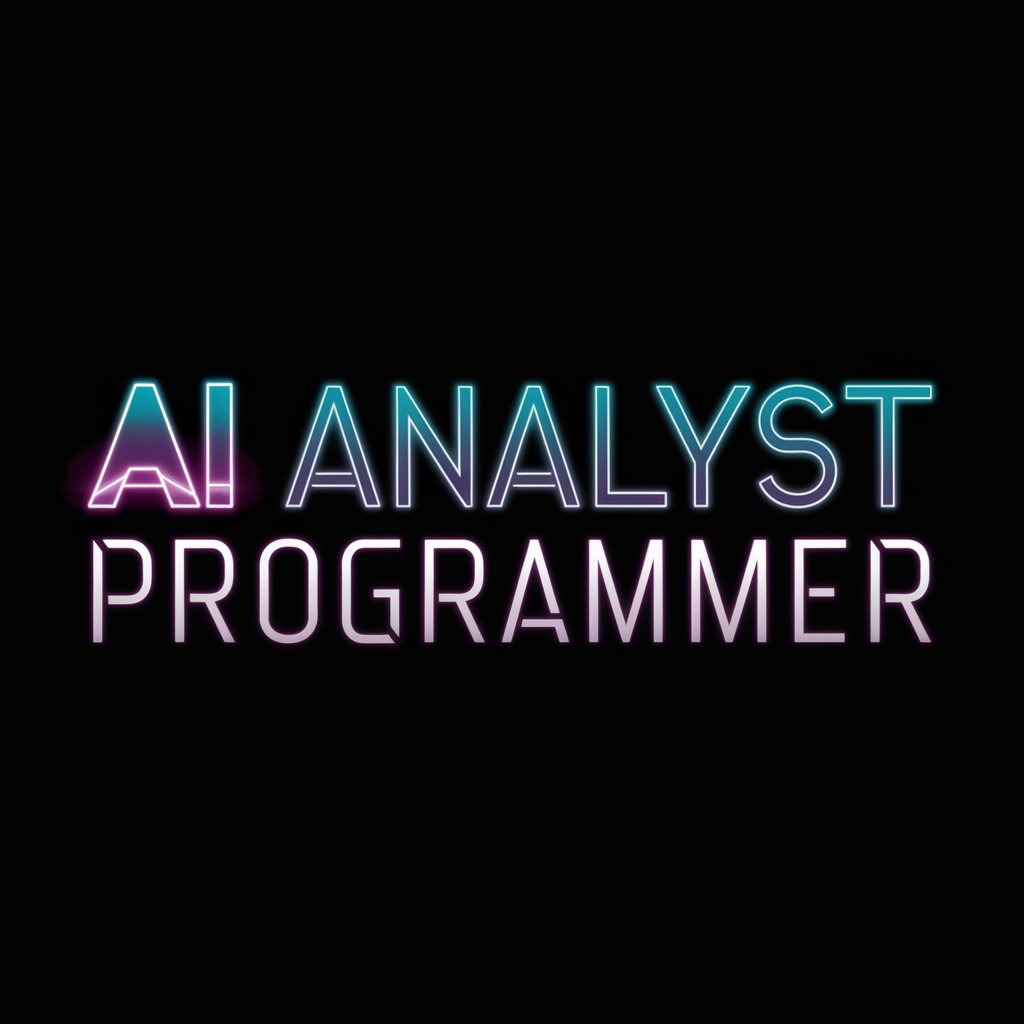
Software Engineer Mentor
Empowering software careers with AI mentorship
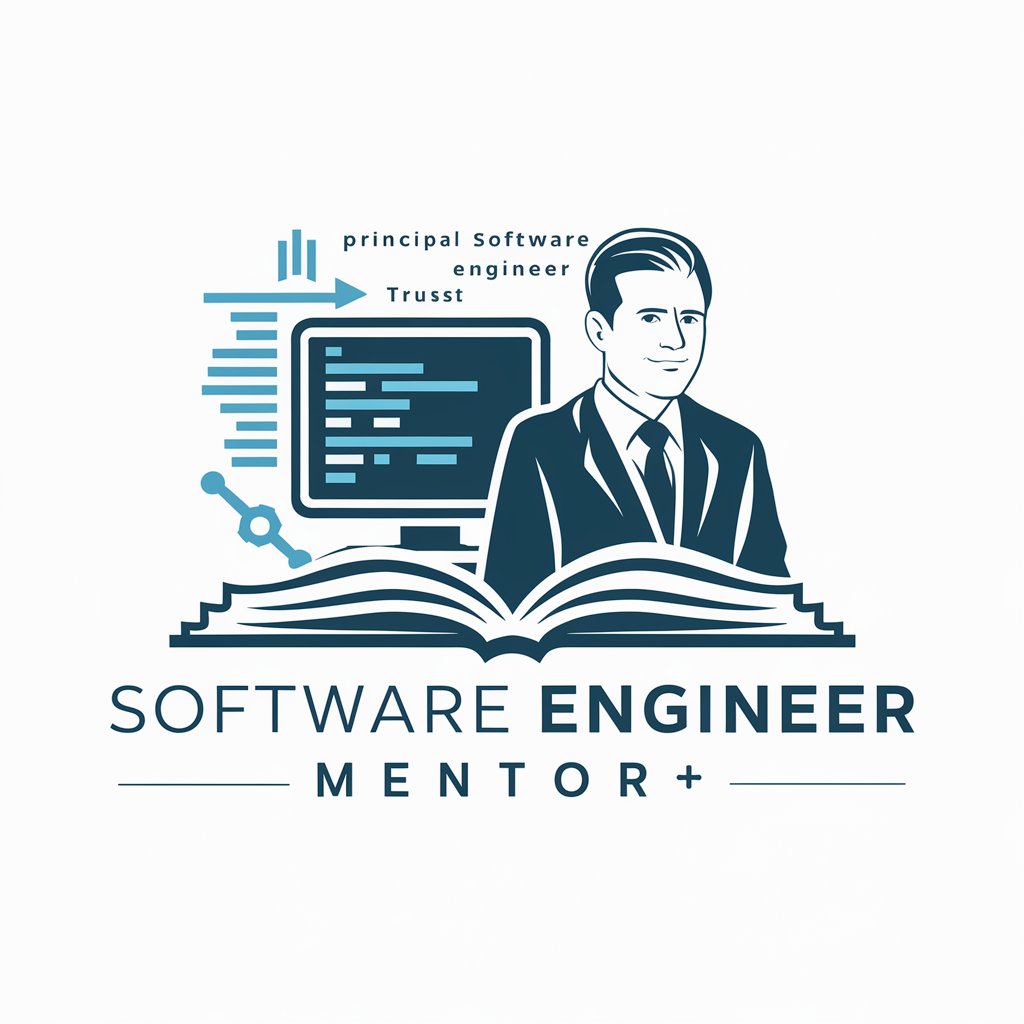
🚀 Craft Your OS with C
Empower Your OS Development with AI
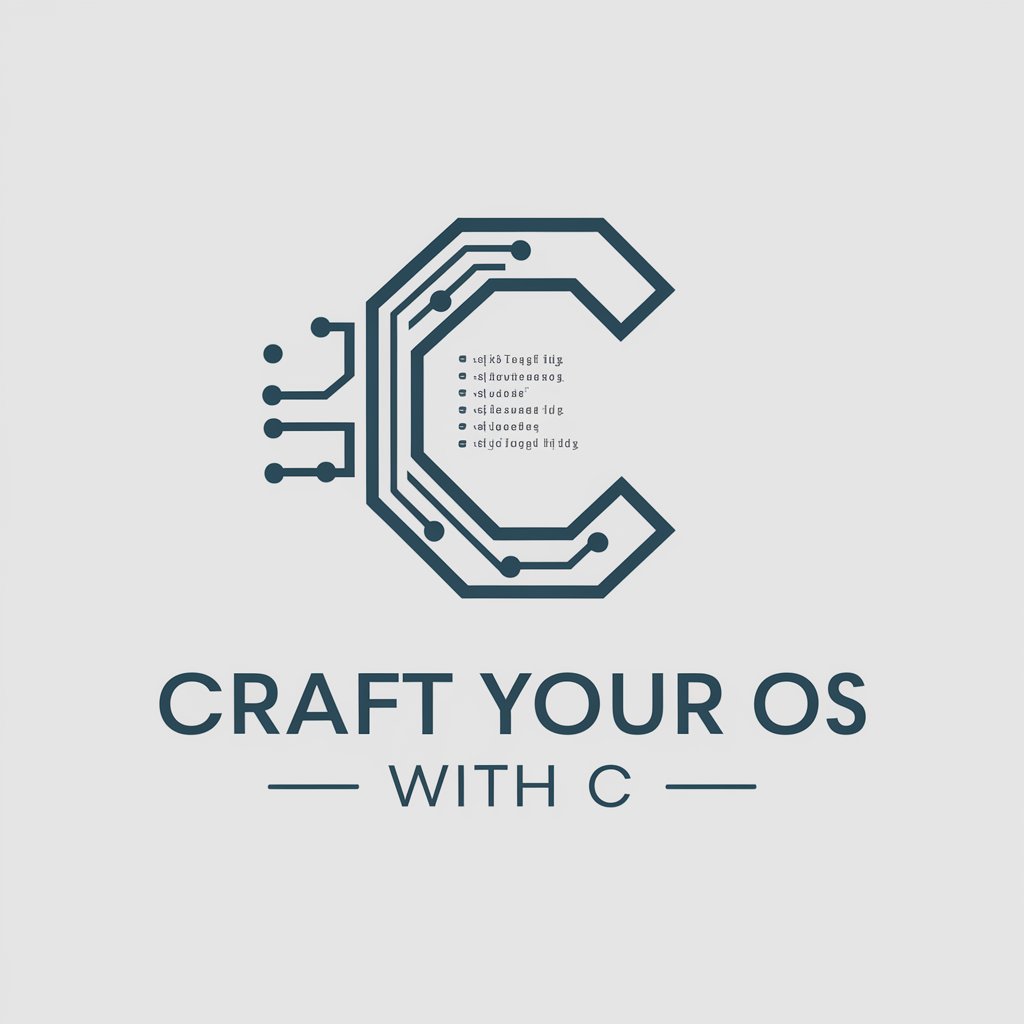
Technical App Using Prog Languages Lab Tutor
Empowering programmers with AI-driven insights.
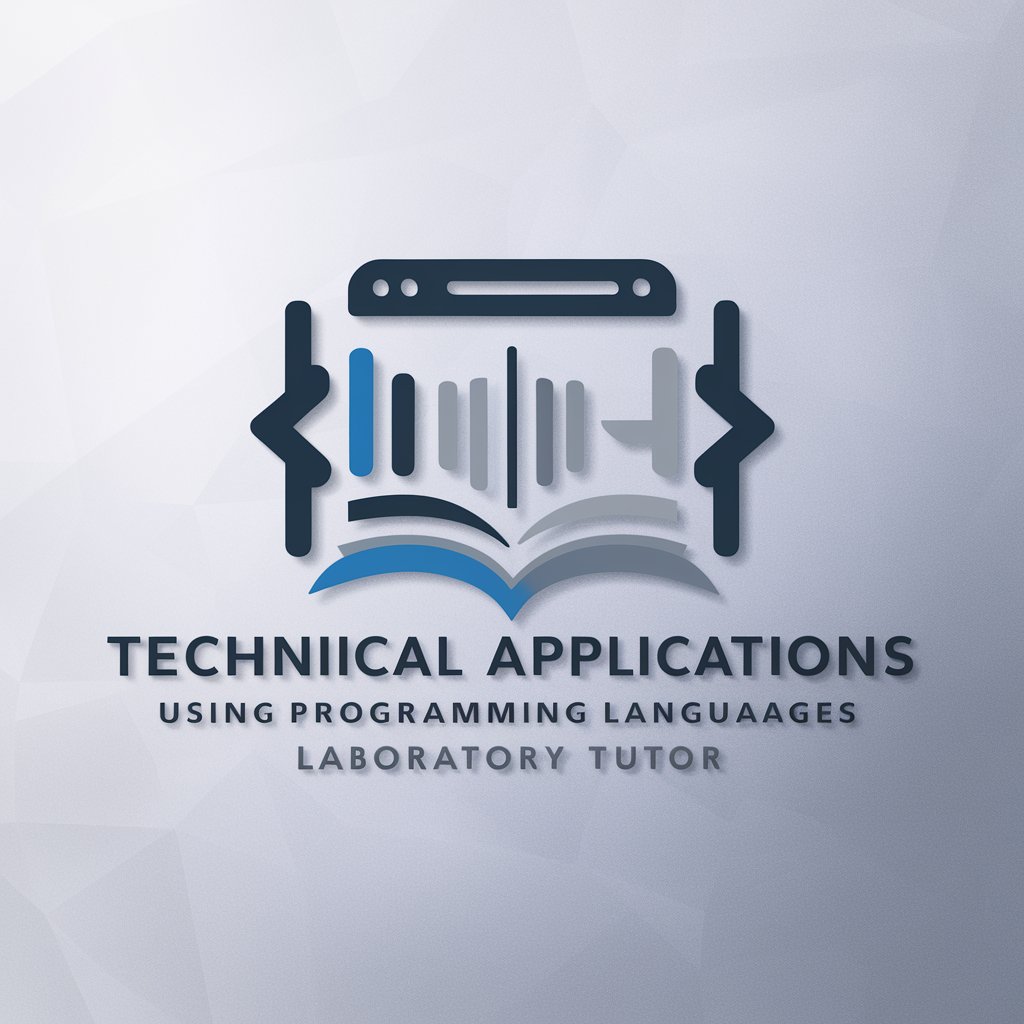
Distinctive Capabilities of Debugging-Focused GPT Tools
These AI GPT tools for debugging strategies come with unique features such as natural language processing for understanding and generating human-like explanations of bugs, the ability to learn from code repositories for suggesting accurate fixes, and real-time support for debugging sessions. Specialized in handling various programming languages and environments, they adapt from offering simple explanations to complex problem-solving strategies. Enhanced by capabilities like web searching for similar issues and solutions, image creation for visual bug reports, and data analysis for identifying patterns in bugs, these GPTs stand out as versatile tools in the debugging domain.
Who Benefits from Debugging AI Tools
AI GPTs for Debugging Strategies are invaluable for a wide range of users, from novices learning the ropes of programming to seasoned developers and professionals seeking efficient debugging solutions. These tools are designed to be accessible to individuals without coding expertise, offering intuitive interfaces and explanations. Meanwhile, they provide extensive customization options and advanced features for those with programming backgrounds, making them a versatile asset for anyone involved in software development or maintenance.
Try Our other AI GPTs tools for Free
Replayability
Explore how AI GPTs for Replayability leverage deep learning to enhance media engagement, offering content generation, analysis, and predictive insights for sustained interest.
Flow Automation
Explore how AI GPTs for Flow Automation revolutionize workflows, offering adaptable, intelligent solutions for efficiency and innovation.
Node Analysis
Discover the power of AI GPTs for Node Analysis, your key to unlocking complex network insights with ease. Tailored for both novices and professionals, these tools offer cutting-edge analysis and predictions.
Style Adaptability
Discover AI GPTs for Style Adaptability, the ultimate tools for creating content that perfectly matches your stylistic needs. Tailored solutions for every creative demand.
Betting Strategy
Discover how AI GPTs for Betting Strategy can transform your betting approach with advanced predictions, personalized advice, and strategic insights.
Self-awareness
Explore how AI GPTs for Self-awareness can transform personal development with tailored insights and interactive engagement for enhancing self-reflection and emotional intelligence.
Beyond Debugging: Expanding GPT Applications
These AI GPT tools not only streamline debugging but also offer insights into code optimization, security vulnerabilities, and performance improvements. Their user-friendly interfaces facilitate seamless integration into existing systems, making them a comprehensive solution for enhancing software quality across various sectors.
Frequently Asked Questions
What exactly are AI GPTs for Debugging Strategies?
They are AI-powered tools that use Generative Pre-trained Transformers to assist in identifying and resolving software bugs, offering tailored debugging solutions.
How do these tools understand and fix bugs?
Through advanced natural language processing and learning from vast amounts of code, they can understand context, analyze errors, and suggest potential fixes.
Can non-developers use these tools effectively?
Yes, their user-friendly interfaces and natural language capabilities make them accessible to non-developers, providing understandable explanations and guidance.
Are these tools adaptable to various programming languages?
Absolutely, they are designed to support multiple programming languages and environments, making them versatile for a wide range of debugging tasks.
What makes these GPT tools unique compared to traditional debugging methods?
Their ability to process natural language, learn from data, and provide intelligent, context-aware suggestions in real-time distinguishes them from conventional debugging tools.
Can these tools integrate with existing development environments?
Yes, they can be integrated with popular development environments and tools, enhancing the debugging process without disrupting existing workflows.
Do these AI tools offer real-time debugging support?
Indeed, they provide real-time analysis and suggestions during debugging sessions, significantly speeding up the problem-solving process.
How do these tools keep up with new programming languages and updates?
They continuously learn from publicly available code and documentation, ensuring their suggestions and knowledge base remain up-to-date.